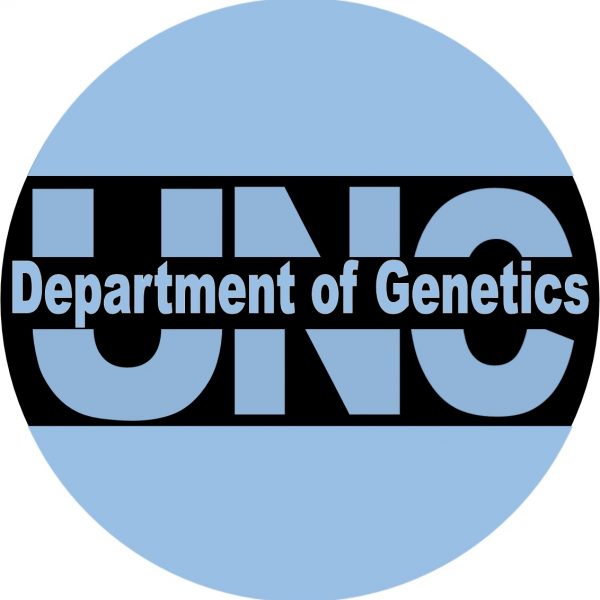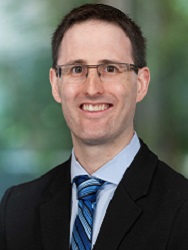Research Interests
Keywords: General surgical oncology, sarcoma, endocrine surgery, complex skin cancers, gastrointestinal malignancy, breast surgical oncology including excisional biopsy; lumpectomy; mastectomy; skin-sparing mastectomy; nipple-sparing mastectomy; oncoplastic surgery; sentinel lymph node biopsy and mapping; axillary node dissection; locally advanced breast cancer; breast cancer in young women; high risk breast cancer patients, breast sarcomas
My clinical research focuses on surgical management of cancer and patient outcomes. This goal is to try to understand the interaction and impact of patient factors and surgical management on recurrence, survival, and morbidity of treatment. The focus is to identify patient and tumor characteristics that can help individualize treatment. These areas of investigation also generate hypotheses for biologic and mechanistic studies. In addition to advancing knowledge, these projects provide opportunities to introduce trainees to research methods, which allows them to improve reasoning, writing, and presentation skills, as well as provides a more in-depth foundation to critically appraise the literature.
In addition to patient care, I bring a patient centered focus to the laboratory to understand disease processes and develop better treatments. Our lab has several ongoing projects and collaborations which are focused around the question of how tumors, or subpopulations within tumors, adapt to therapeutics and become resistant. To do this we use laboratory models and are particularly interested in using primary tumor tissue obtained from the operating room and primary tissue derived models (organoids, patient derived xenografts) to increase the translational relevance of our experiments. Specific projects include characterizing reprogramming of tyrosine kinase signaling pathways with emerging resistance to endocrine therapy in ER+ breast cancer, using cell cycle structure as a framework k to understand sensitivity to cell cycle inhibition, and using single cell genomics to predict response to therapy and develop rationally informed treatment strategies.
Mentor Training:
Training Program Affiliations:
Board Certifications:
- Complex General Surgical Oncology – Board Certified (2020)
- General Surgery – Board Certified (2016)
Publications
Philip Spanheimer in UNC Genetics News

April 15, 2024
Department of Genetics Publications for March 31st – April 13th, 2024
Department of Genetics faculty, postdocs, students and collaborators published 9 papers during March 31st - April 13th 2024.

March 22, 2024
Department of Genetics Welcomes Dr. Philip Spanheimer
Philip Spanheimer, MD has been appointed Assistant Professor (secondary) in the Department of Genetics, effective March 1, 2024.
